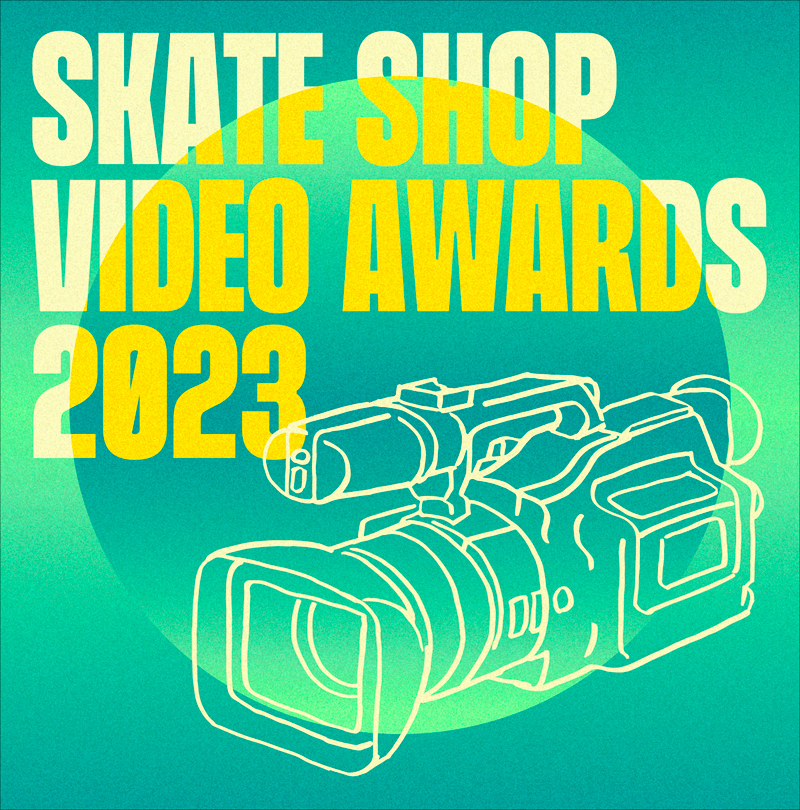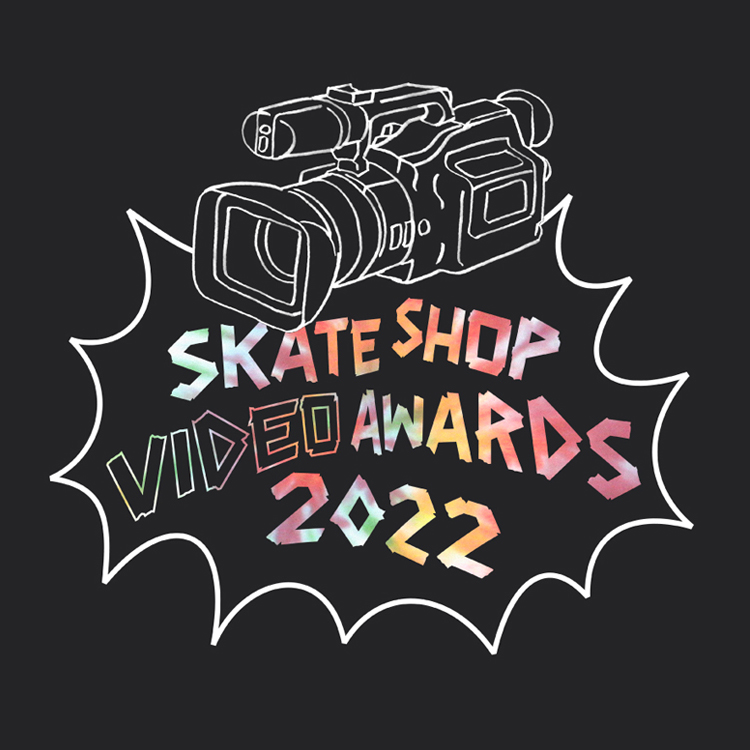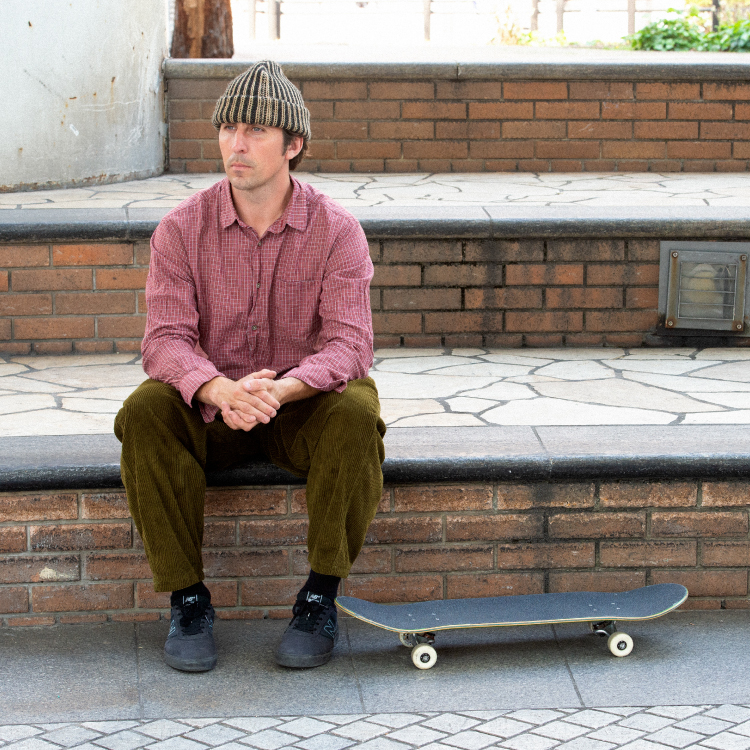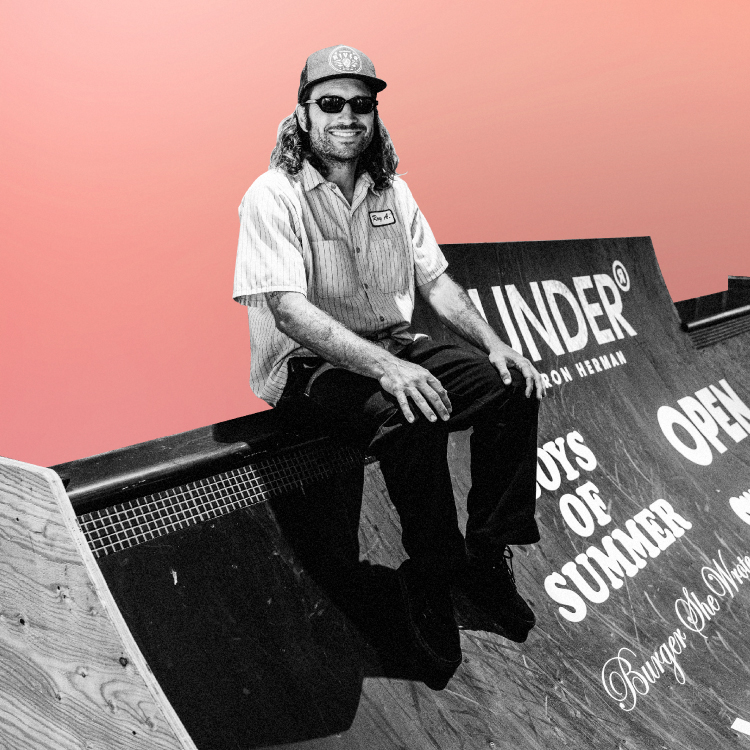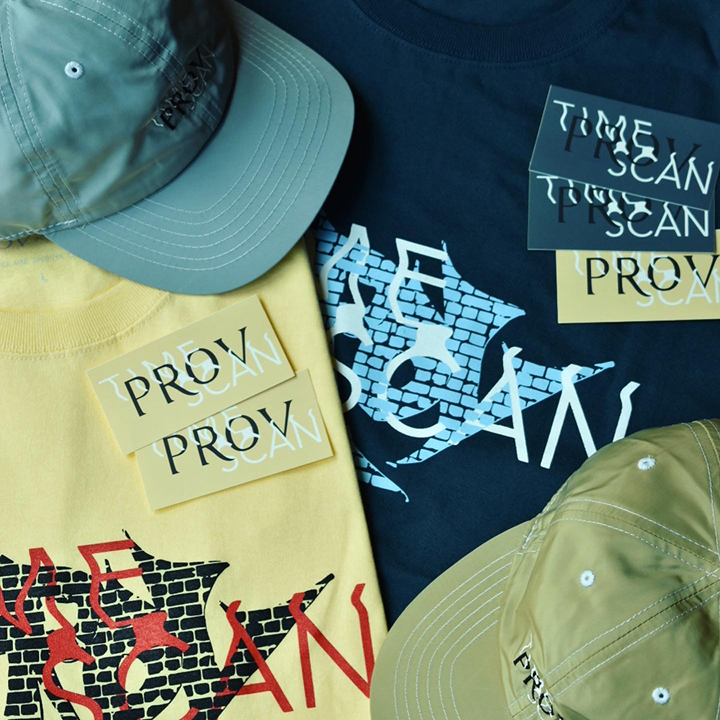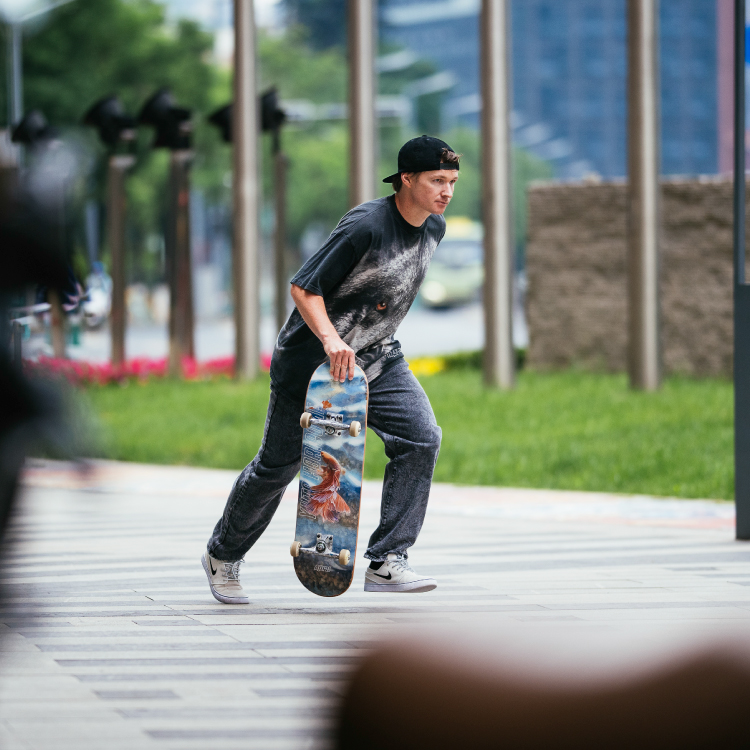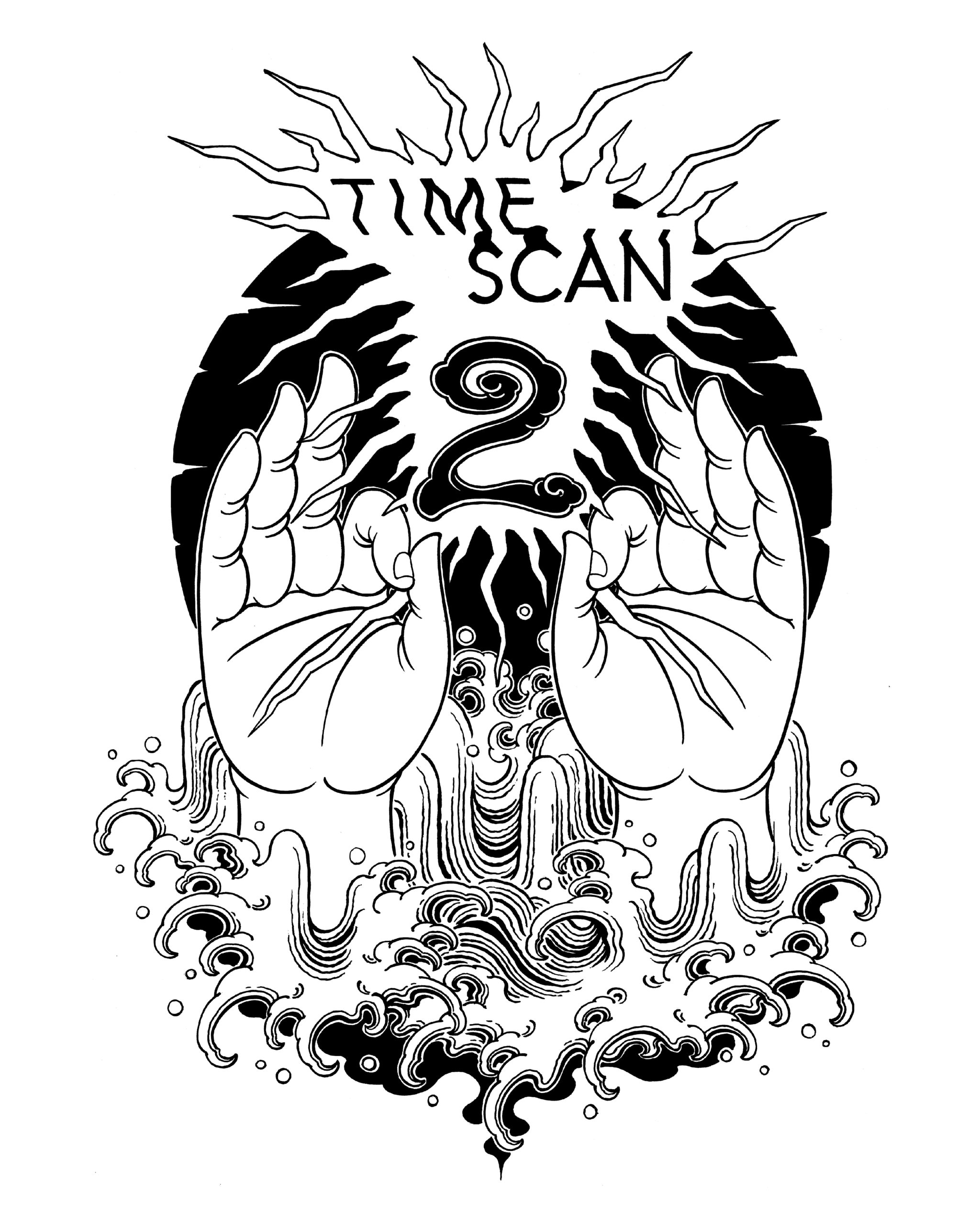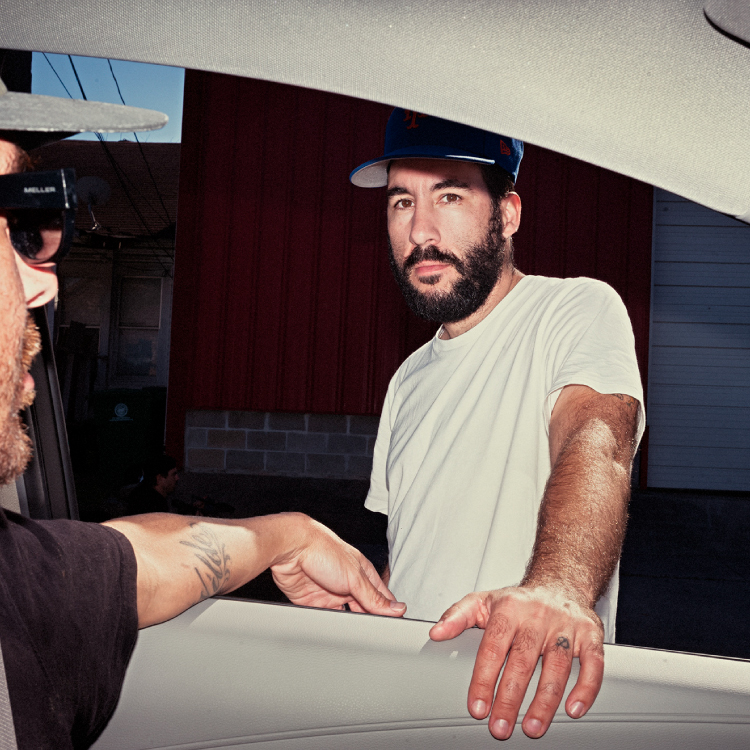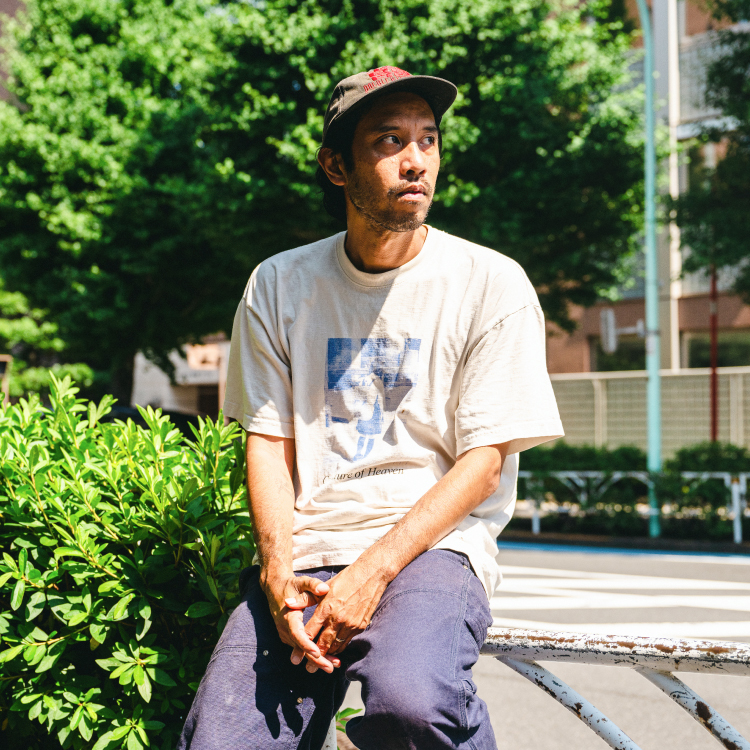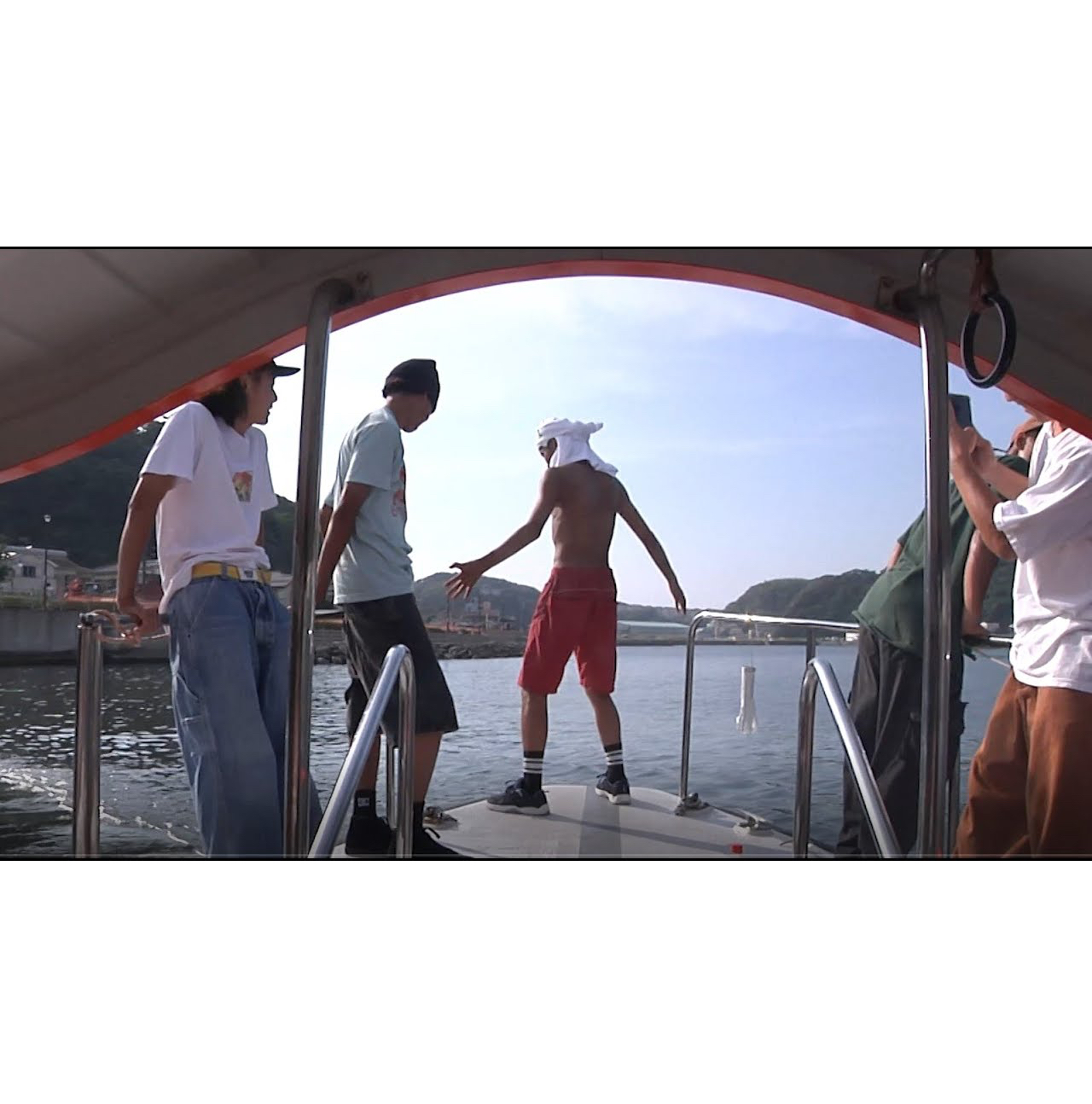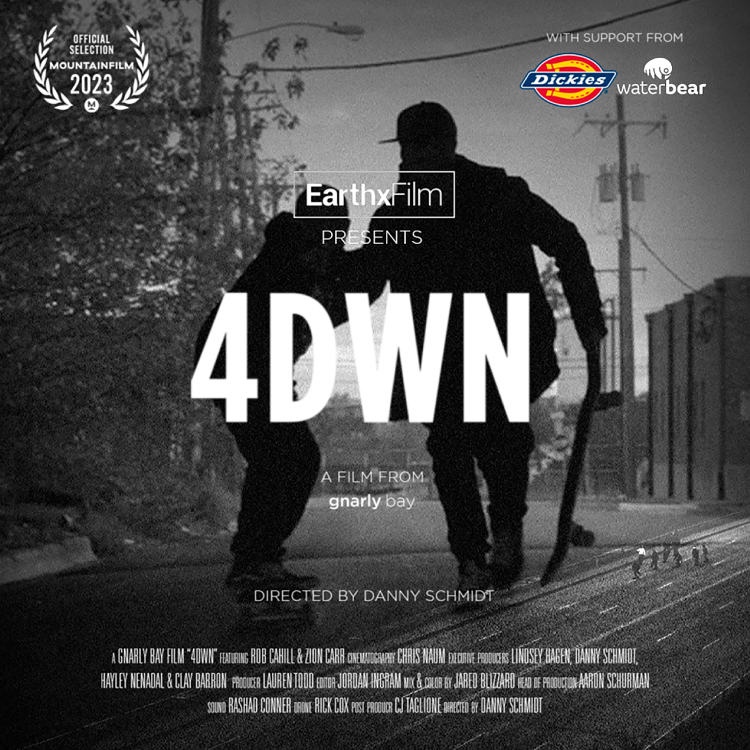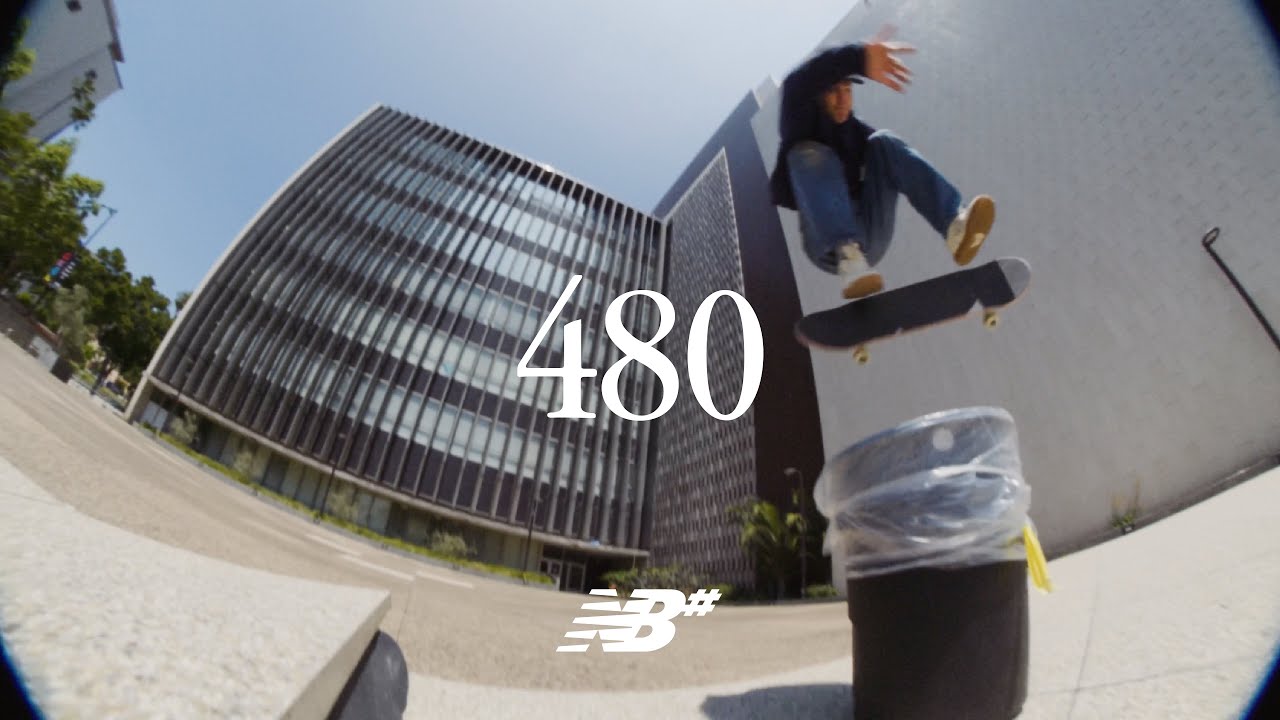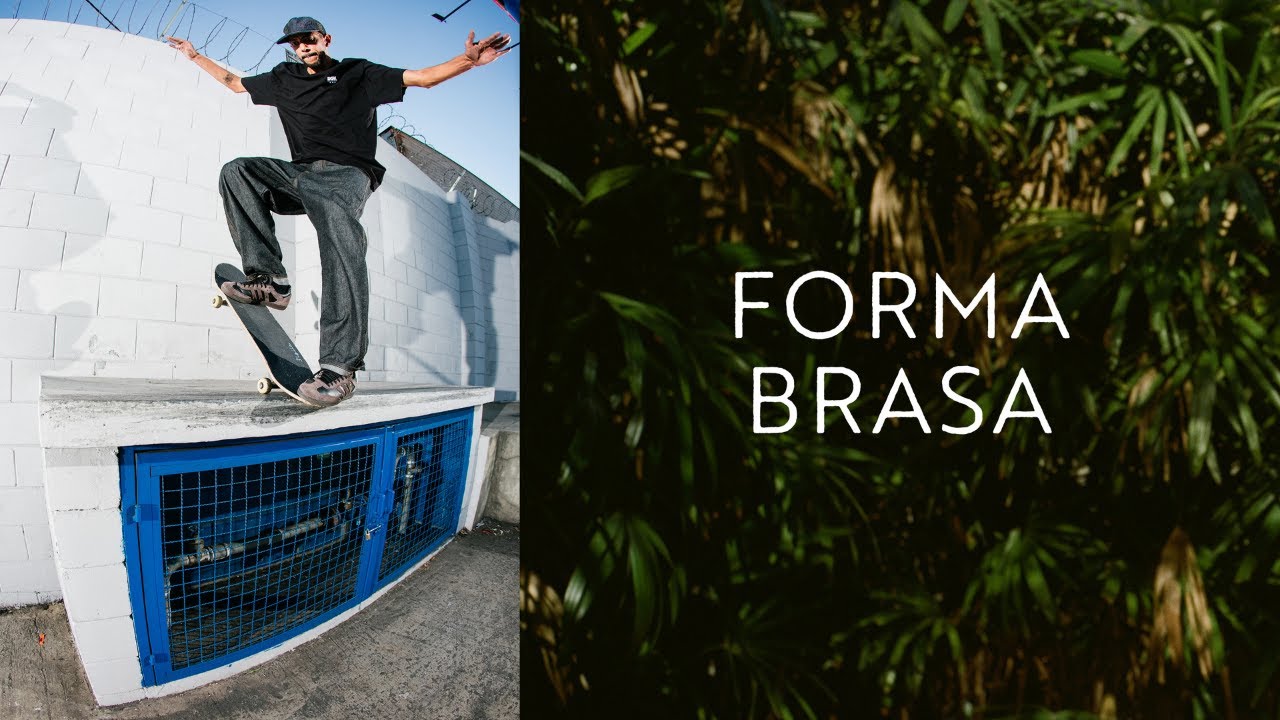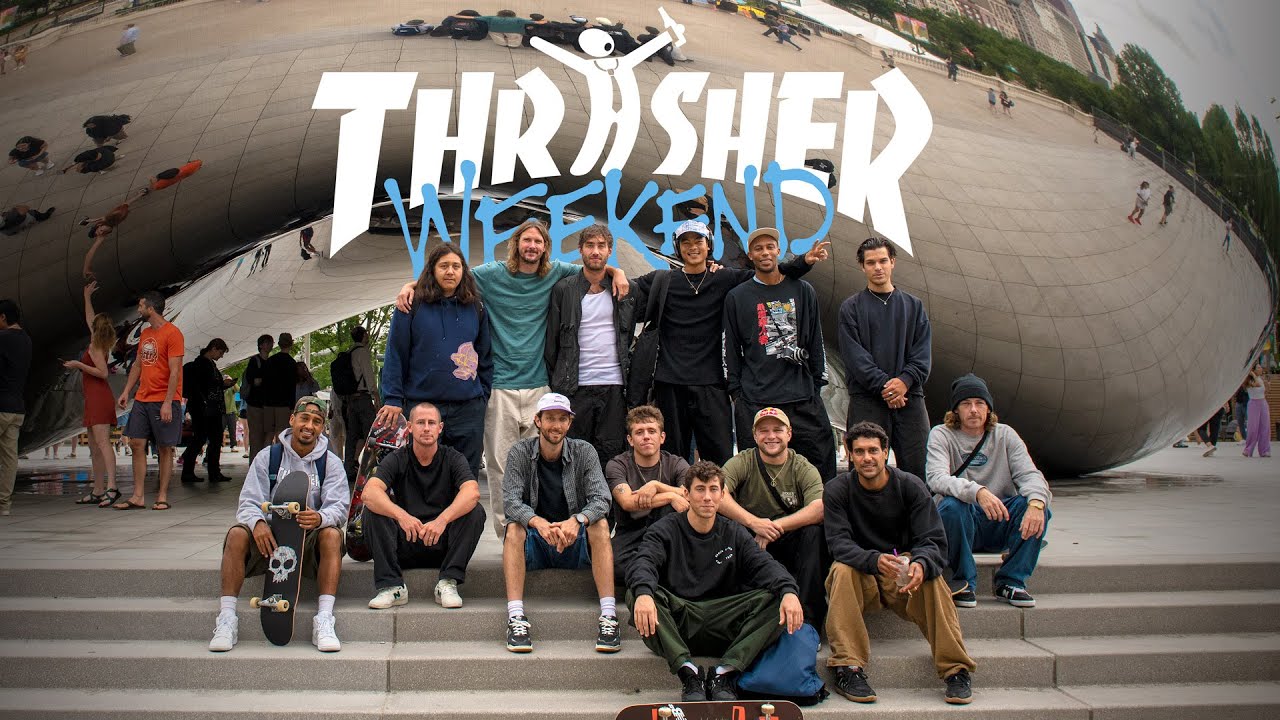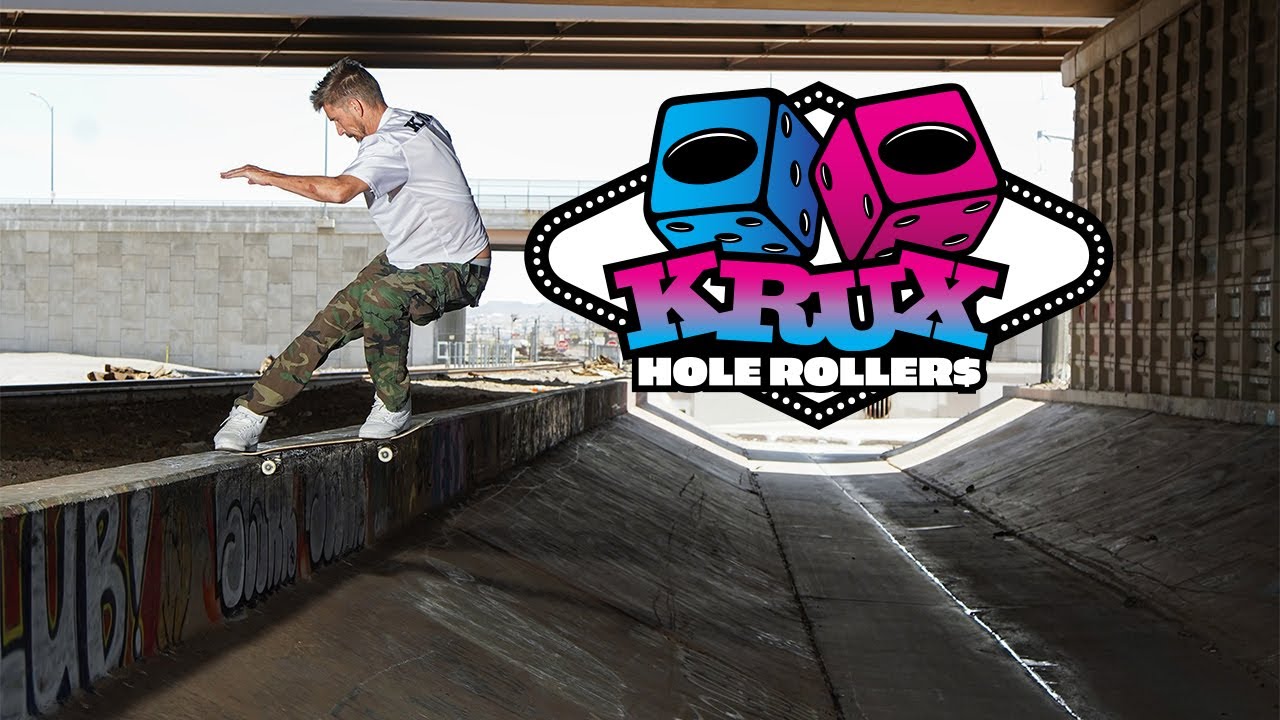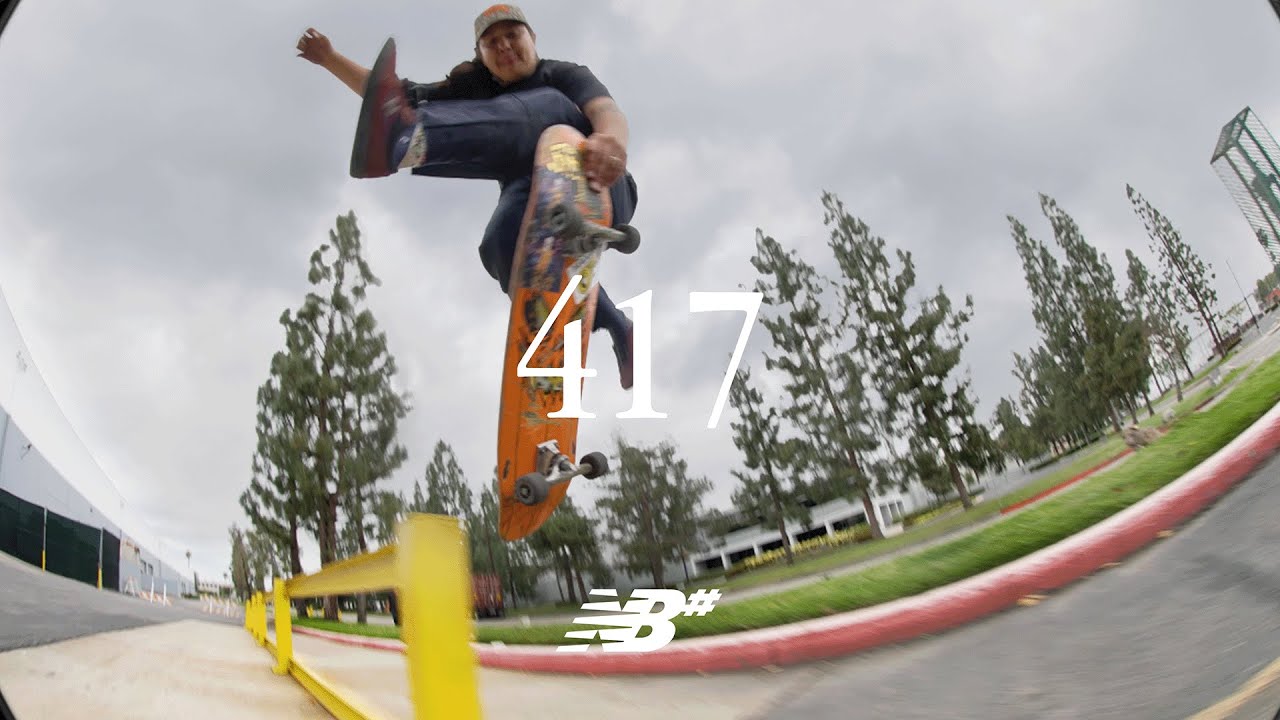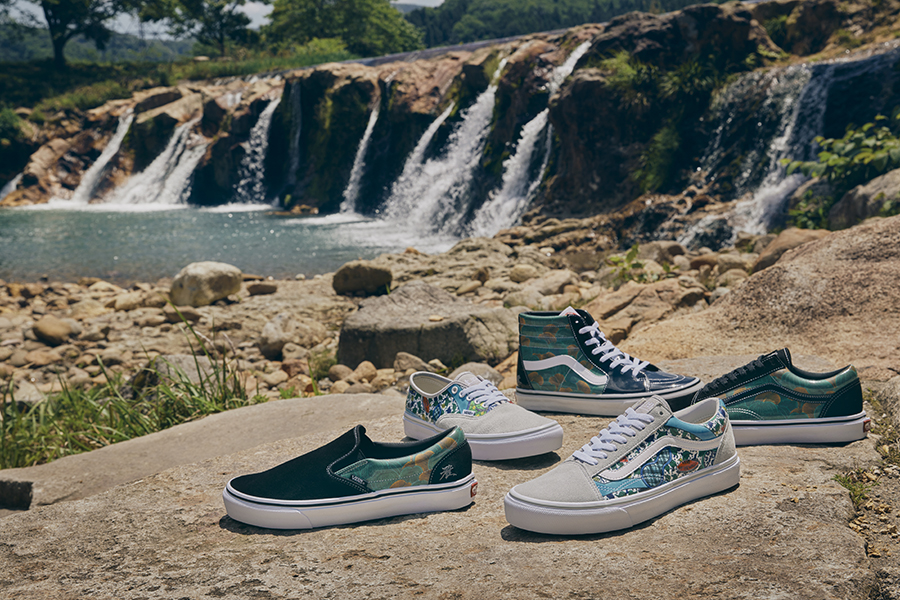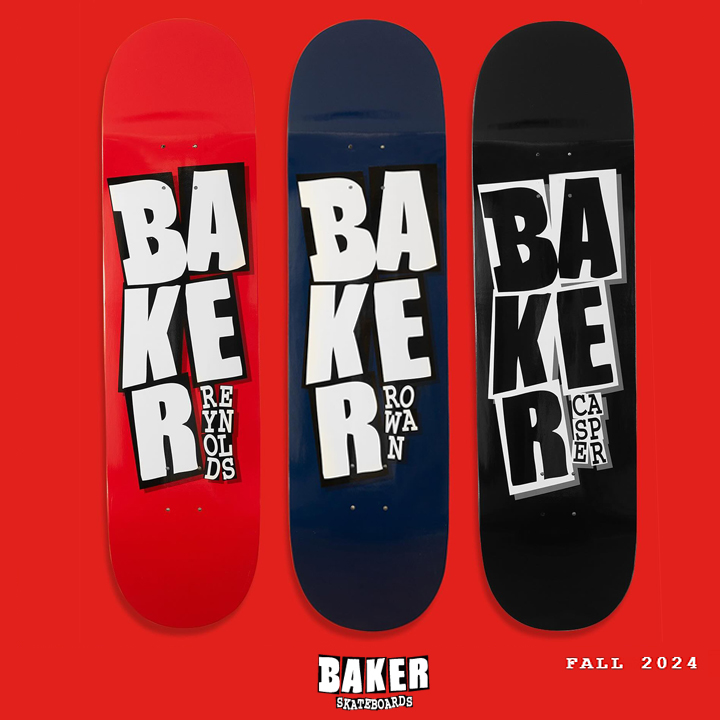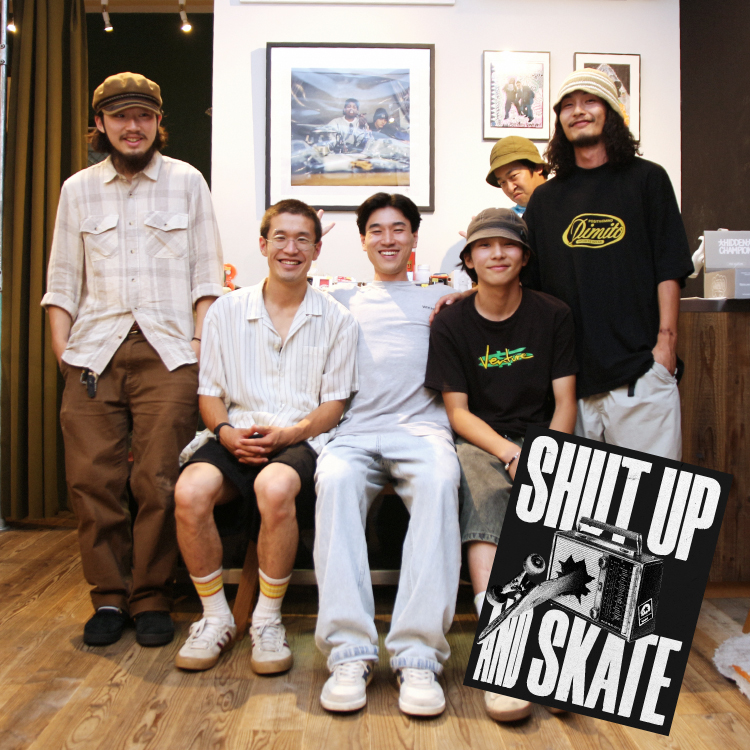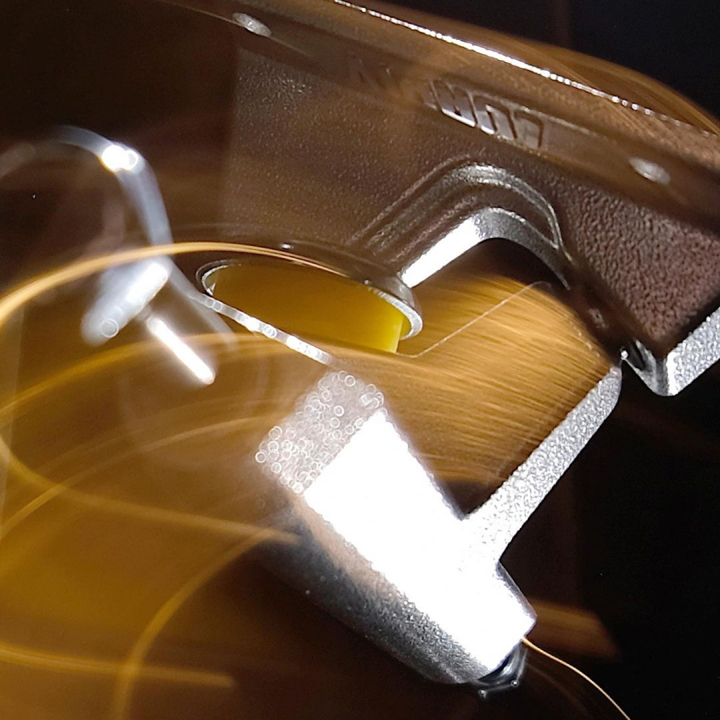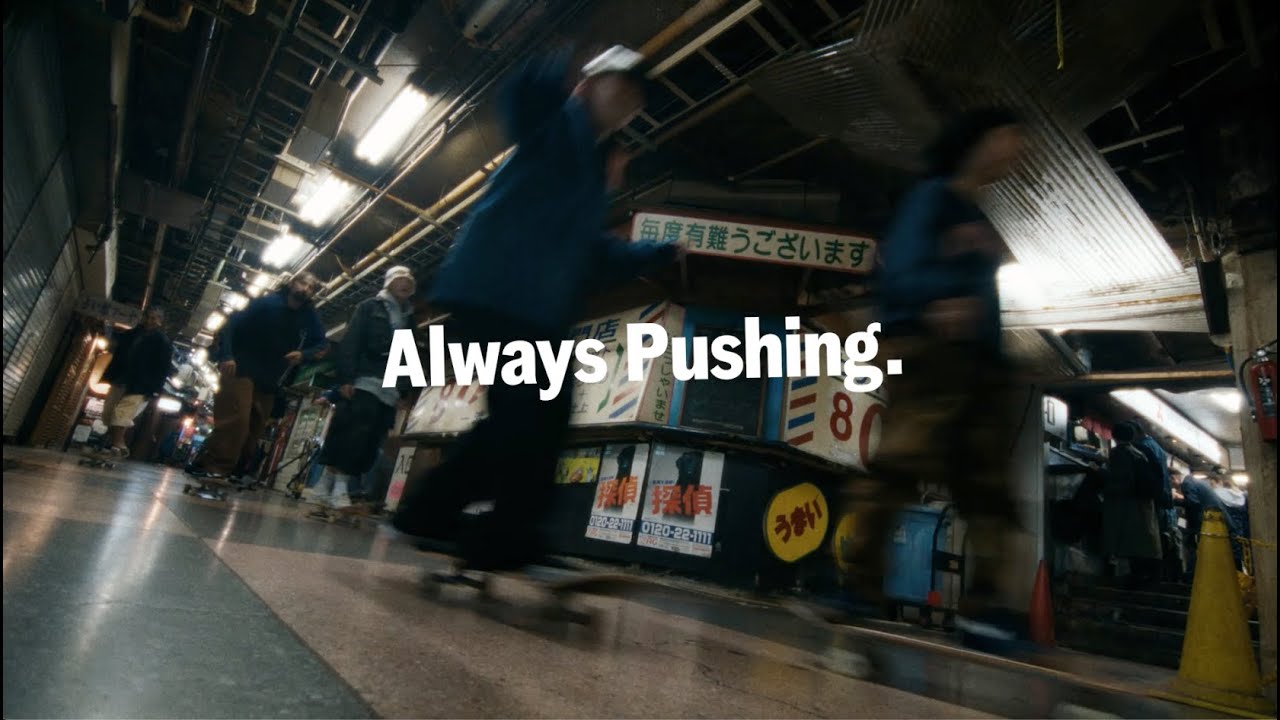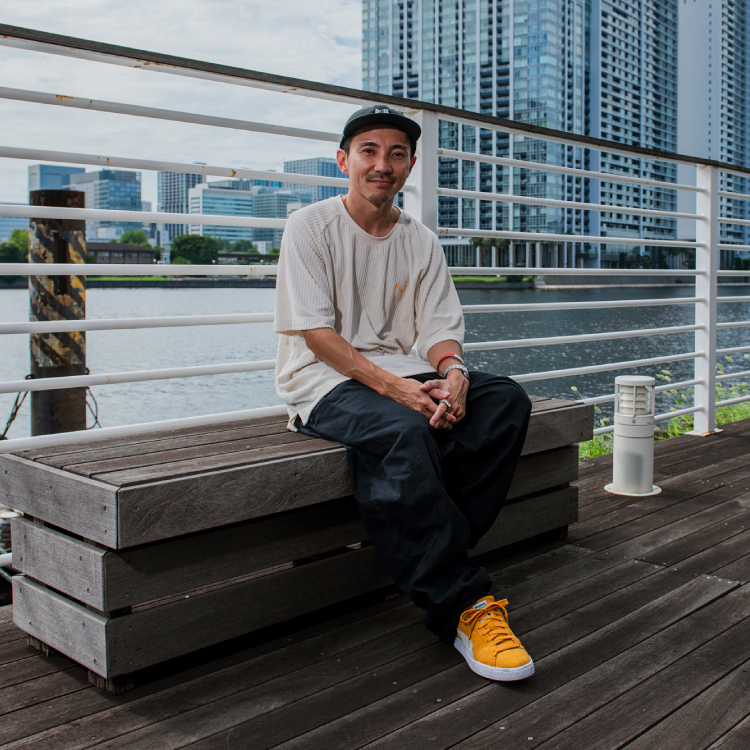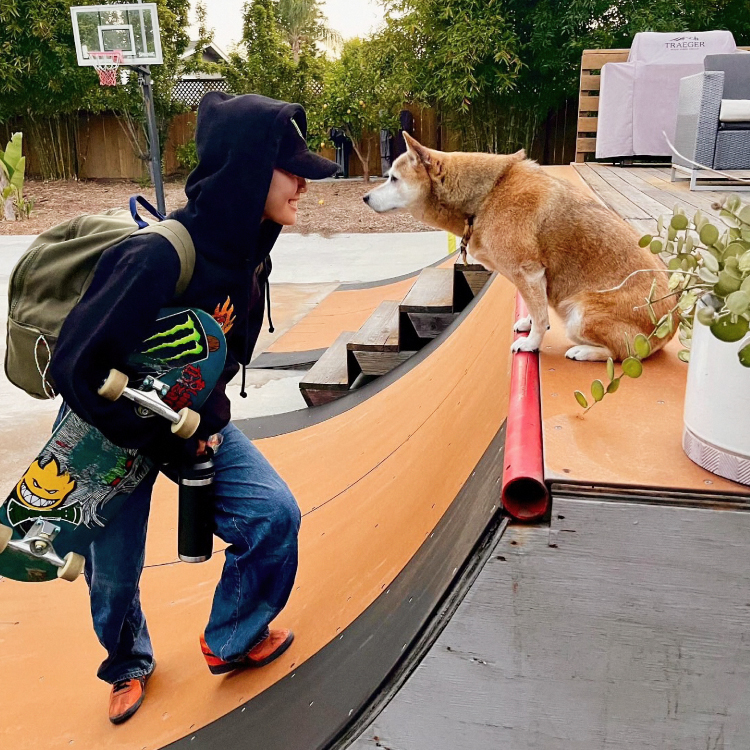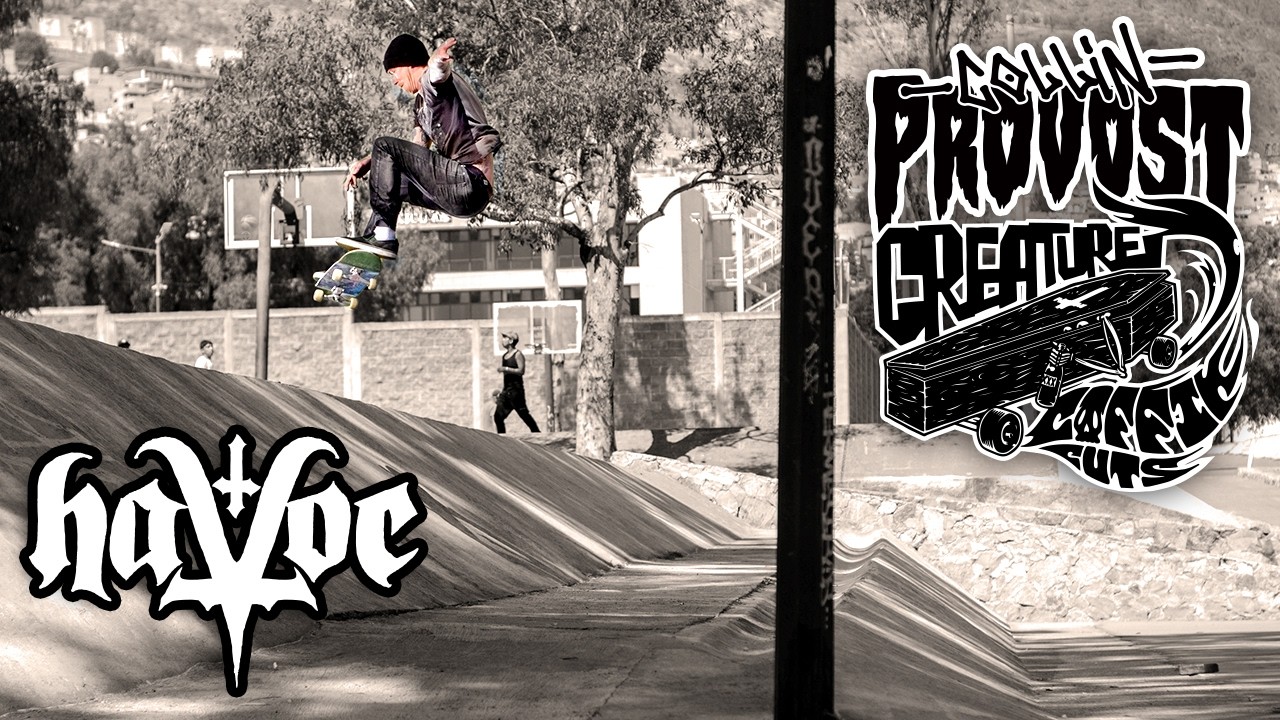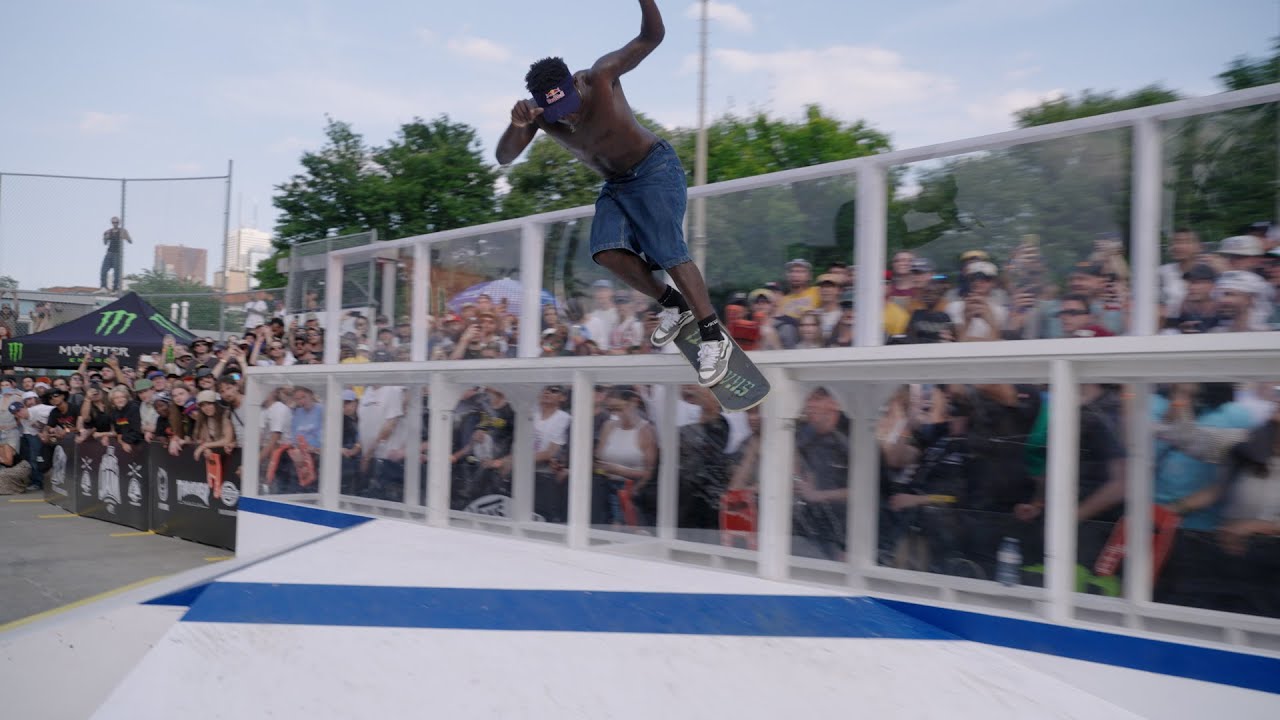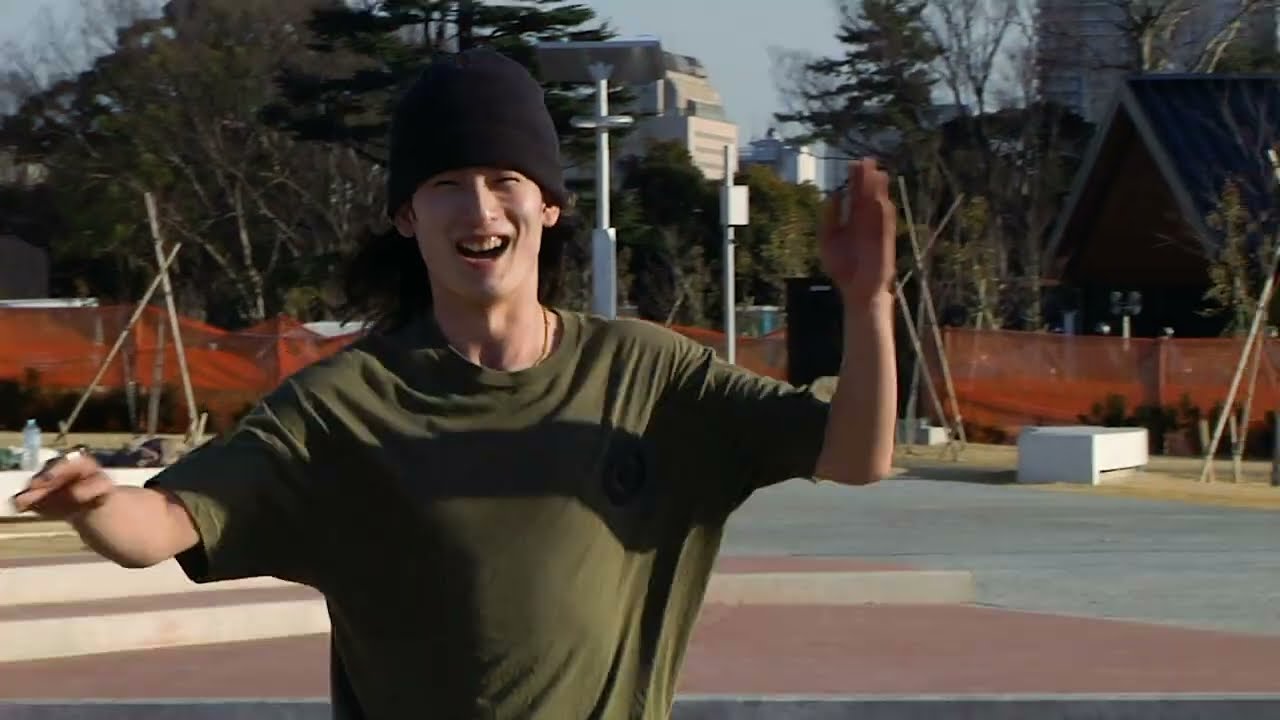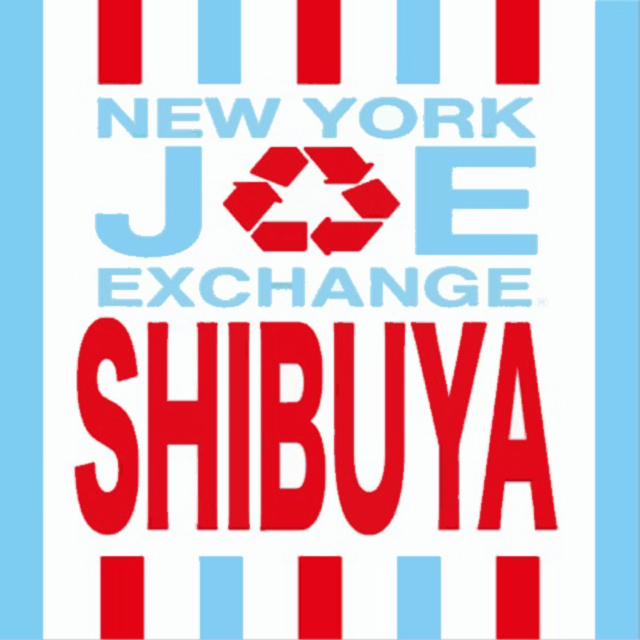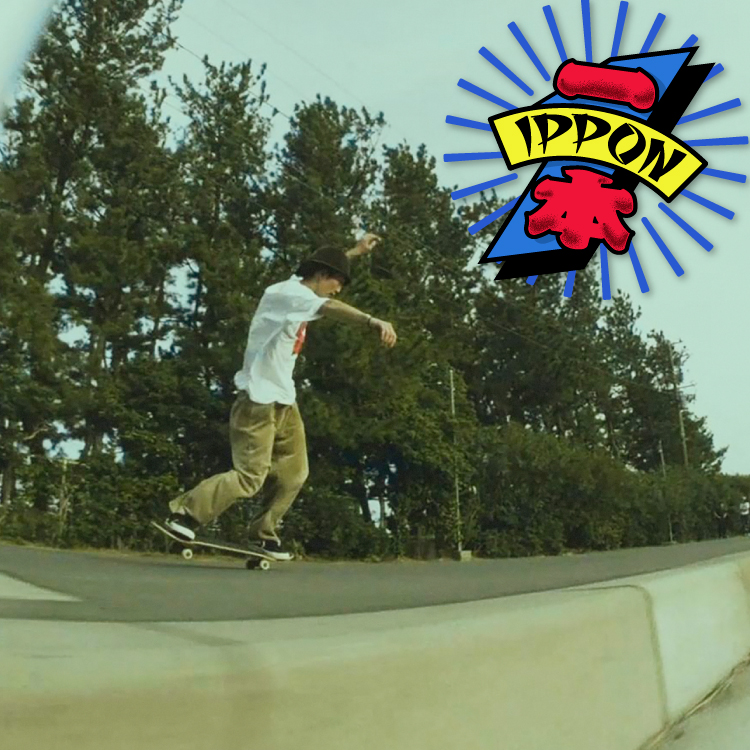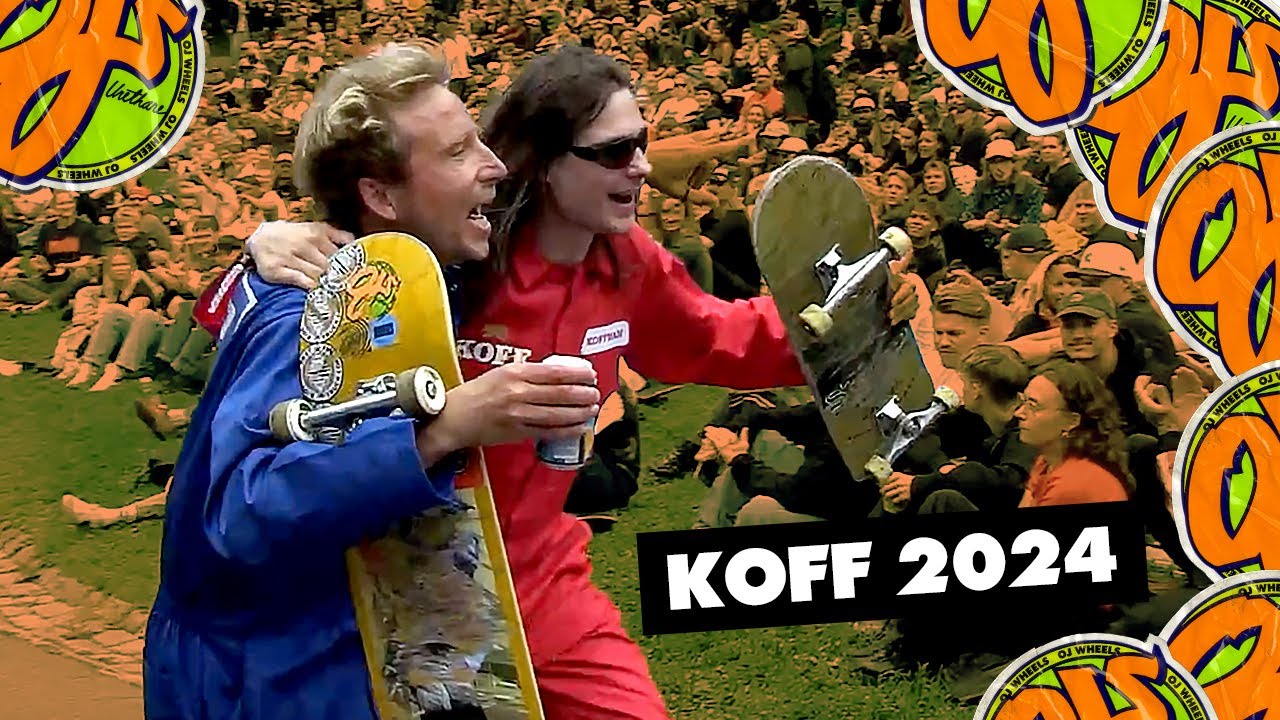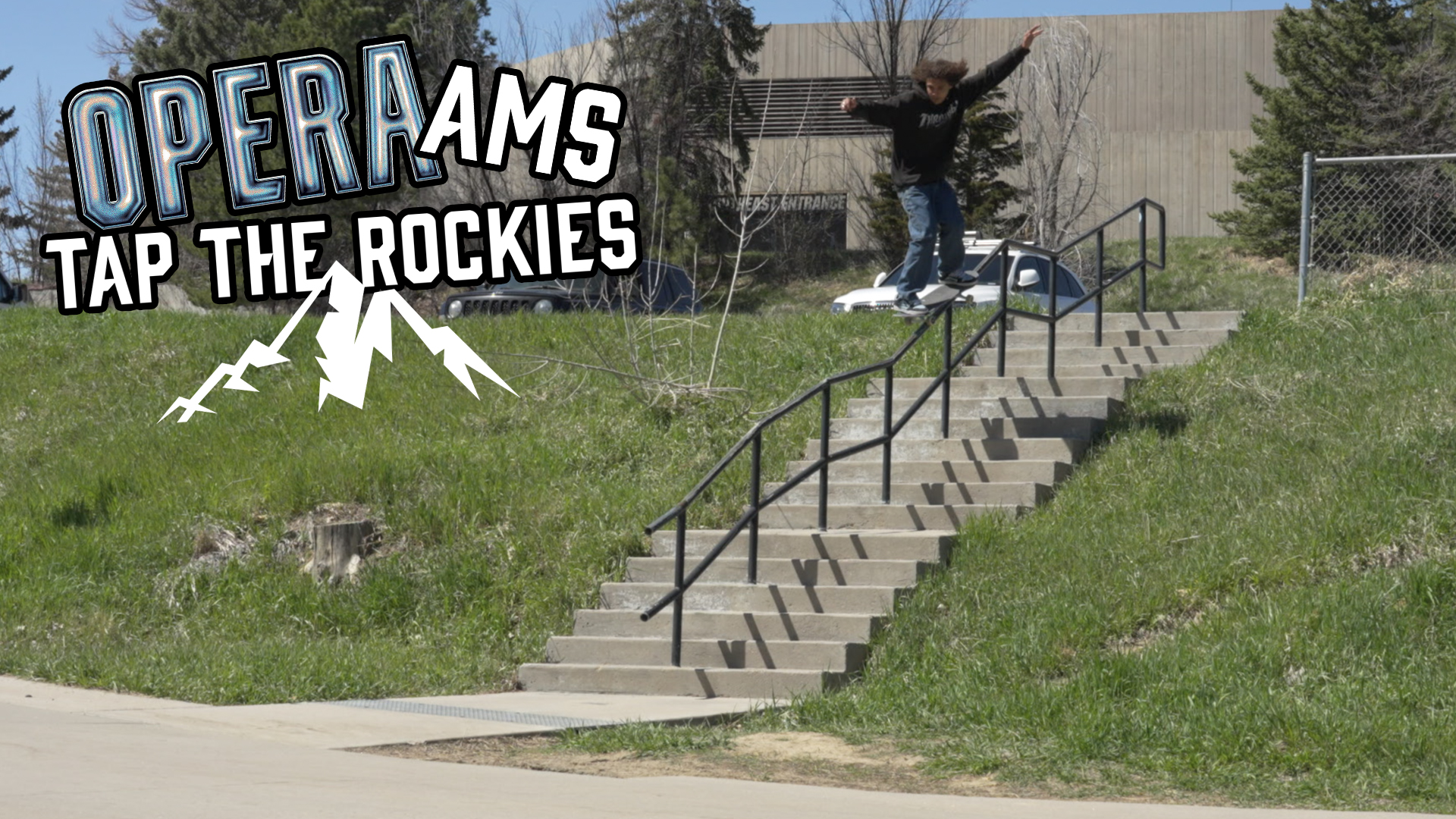After four years in the making, TIMESCAN 2 is now available online. As the competitive aspect of skateboarding draws attention, Rob Taro's words are definitely worth listening to.
──ROB TARO / TIMESCAN 2 (ENGLISH)
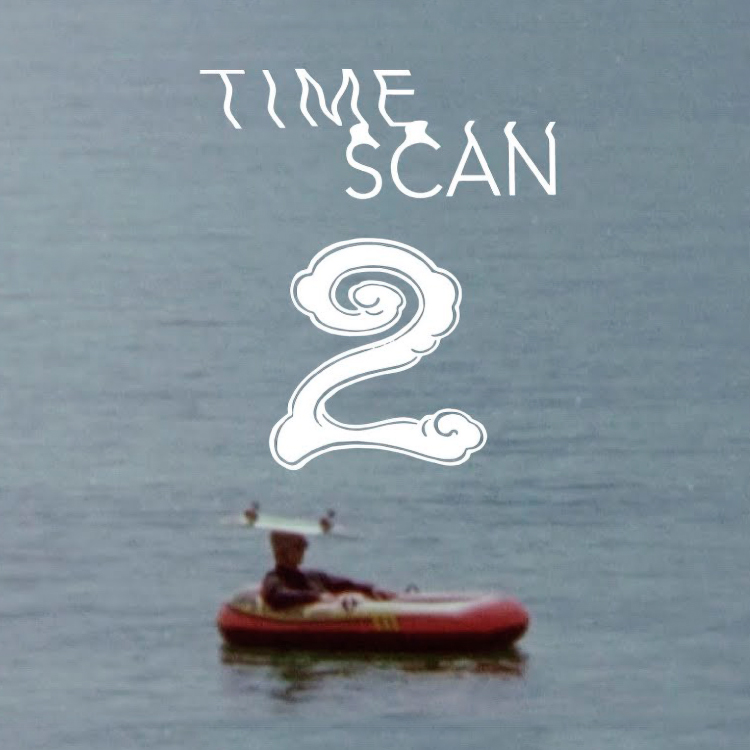
[ JAPANESE / ENGLISH ]
Photos courtesy of TIMESCAN
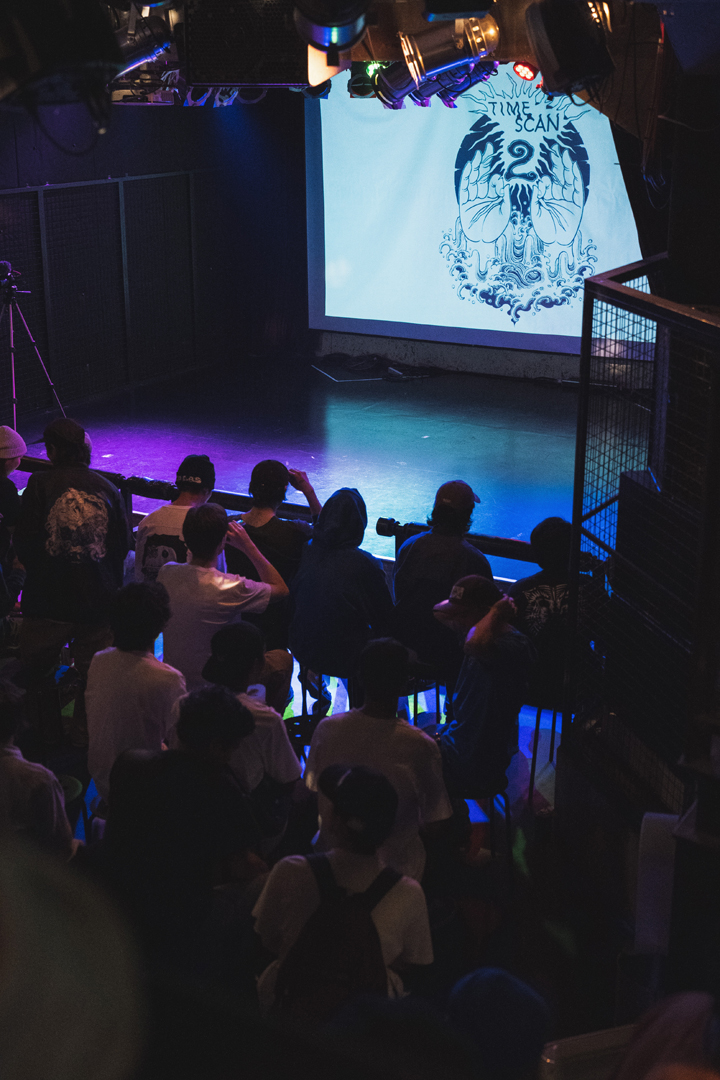
VHSMAG (V): Congratulations on your new film, TIMESCAN 2. You've released it on DVD and now it's available for the world to watch online. How are you feeling now?
Rob Taro (R): Thank you! TIMESCAN 2 felt like a never ending journey. It’s such a strange feeling now that my years of filming, traveling the country with my friends, premiering in Kobe, Tokyo, in skate shops all over Japan, Vladimir Film Festival in Croatia, New York City, and in my home state in New Jersey are all in the past now.
V: You've sacrificed four years of your life into this. What are the thoughts you put into this new film?
R: My main thoughts were, give all my talented friends more recognition around the world, and put out something positive in such a negative world.
V: What are the differences between TIMESCAN 2 and your first full length that you made four years ago? Do you see your work evolved?
R: From having more experience living here in Japan compared to my first full length, my connections grew and I now have a better understanding of the culture.
V: A lot has changed in four years. We had covid, we had the Olympics. What's your take on that? How has that affected what you do?
R: Skateboarding was once a place for me to escape from all the pressure from society. Since the start of the Olympics, we are now seeing kids learning tricks based on contest scores, not because of how it visually looks or feels. On top of all of this, street skateboarding is only getting stricter. What is skateboarding without freedom? I even reached the point where I felt that I have no place I belong to anymore. All of this has motivated me to create something positive, and give more life to the pure aspects of skateboarding that I had once looked up to. TIMESCAN 2 even helped remind myself of why I started skateboarding in the first place. My hope through this movie was to help remind ourselves why skateboarding is so beautiful and an effort to make a positive change to the overall public view on skateboarding.
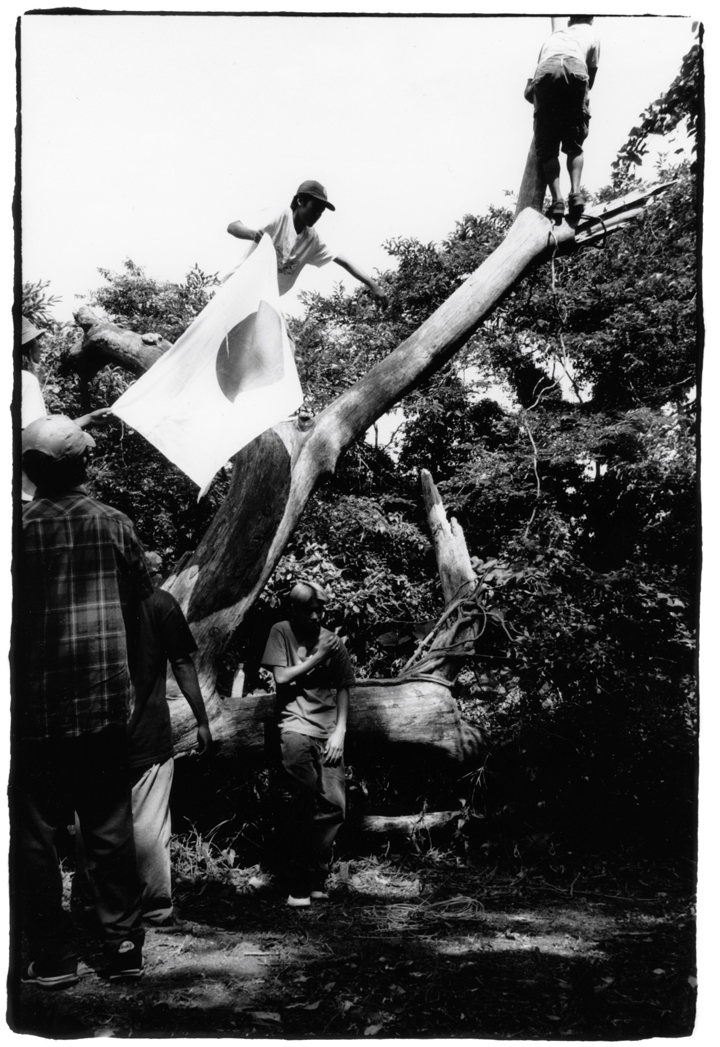
V: Tell us about the skaters that are in this film.
R: There’s a story for each skater. Everyone is not only skillful on their boards, but also very entertaining to be with on and off the board. As much as I’d love to talk about each skateboarder in my film, there isn’t enough room here to talk about everyone. The skateboarders in this film have the same mindset for skateboarding as myself so we all bonded very naturally. I’m also not just a filmmaker. I also go out skating with everyone. Everyone in this film trusted me and I trusted everyone. I would like to give a special shout out to Ryo Nobuchika, Masaki Hongo, Ryo Sejiri, Kazuaki Tamaki, Shintaro Hongo and Gou Miyagi for sticking through all these years to complete full parts for my movie. It is definitely an honor as an individual filmmaker to gain all of my favorite skateboarders trust and dedication to work together on a single project. They have done so much for me, and I cannot thank them enough. I definitely would have not been able to create this movie without the support from my friends. Each and every skateboarder featured in my movie deserves to get more recognition.
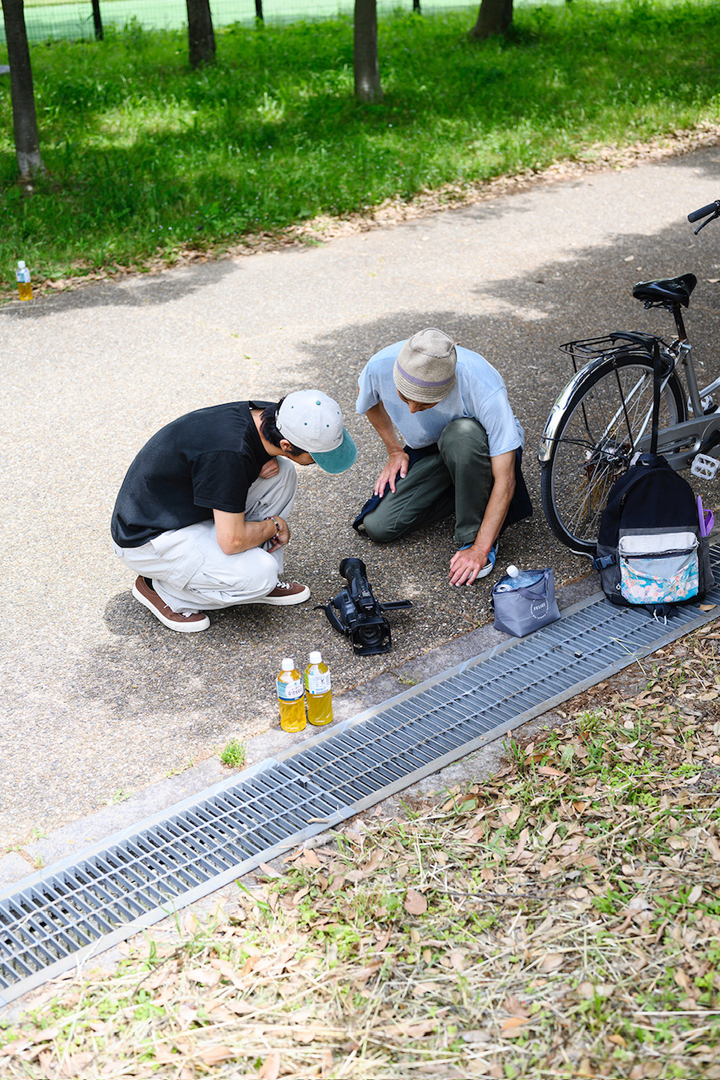
V: Having Gou Miyagi's part is something special. How did you get him to work on a new part? Tell us about working with him.
R: The reason I’m in Japan all these years has a lot to do with the impact Gou has left in the world of skateboarding. It’s not a coincidence that he hasn’t filmed a video part in almost a decade. It took me an entire two years of filming with him to fully understand why he is the way he is. Why he’s so very careful choosing who to work with. It was a miracle that I got in touch with him years ago. When we first got in touch, I visited him early mornings at his local skatepark for about a year. No filming, just talking. He would ask me all these questions that I wasn’t sure how exactly to answer at the time. I just knew I wanted to film him. It took me pretty much an entire year of convincing him that not only I, but everyone around the world is waiting to see another Gou Miyagi part. Gou told me the most fun aspect of skateboarding to him is the imagining part. The most difficult part was making his incredible ideas work. We were both experimenting as we were filming. He is so tough. One of the strictest people I have ever met. Even if it takes him hours to land something before his long night shifts, he would still want to refilm it over and over again. The craziest part is everytime we would refilm something, he levels up every single time. It’s incredible to see the progress in person. Most of his spots were all filmed in the same blue park (Fukakitaryokuchi-koen) that he often skates at. The park has all these weird rails that not even the park people know what they were made for. These rails eventually turned into Gou’s spots. He thinks of genius ways to minimize damage to the spots that he skates. After each session, Gou, a skateboarder seen as a disturbance from the public eye, would pick up garbage that pedestrians (non-skateboarders) littered and even go as far as using a sponge and water to make sure to clean the rails, even cleaner than they were before arriving. Some of the rails that he skates are in the middle of the pond. Gou’s ability to walk / balance on rails helps him clean rails in places that not even the park people would even bother to.
※Gou describes his concept to his video part in his own words here: Thrasher Magazine - Meeting Mr. Miyagi: Gou's Return to the Spotlight(www.thrashermagazine.com/meeting-mr-miyagi-gou-s-return-to-the-spotlight/)
V: Tell us some of the things that happened that stick out in your mind while working on this film.
R: Around the time I first announced TIMESCAN 2, I got a surprise email from Croatia. His name is Nikola. He is one of the founders for this huge skateboarding film festival called Vladimir Film Festival. He wrote a lovely, well thought out long email saying that he’s been keeping track of my videos from the very beginning, and he wants me to not only screen my new video there but also be there myself! What a huge dream come true opportunity it was. I’ve never been invited to visit another country nor have I ever even been to Europe before. I didn’t have much money but with their help I was able to go!
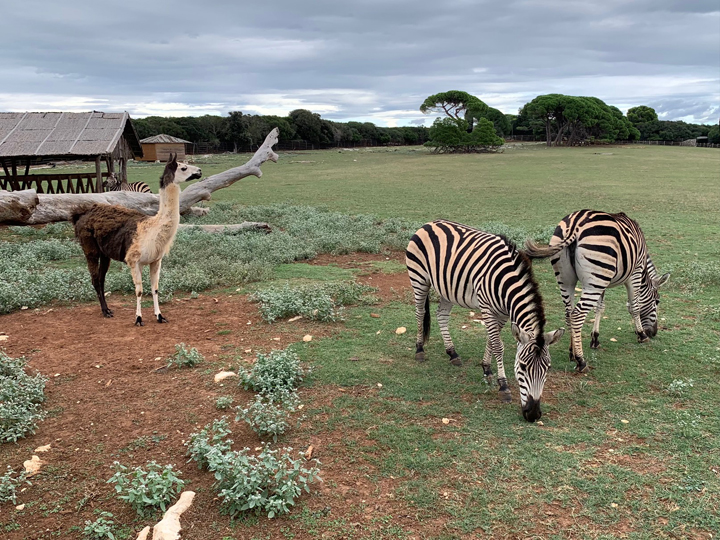
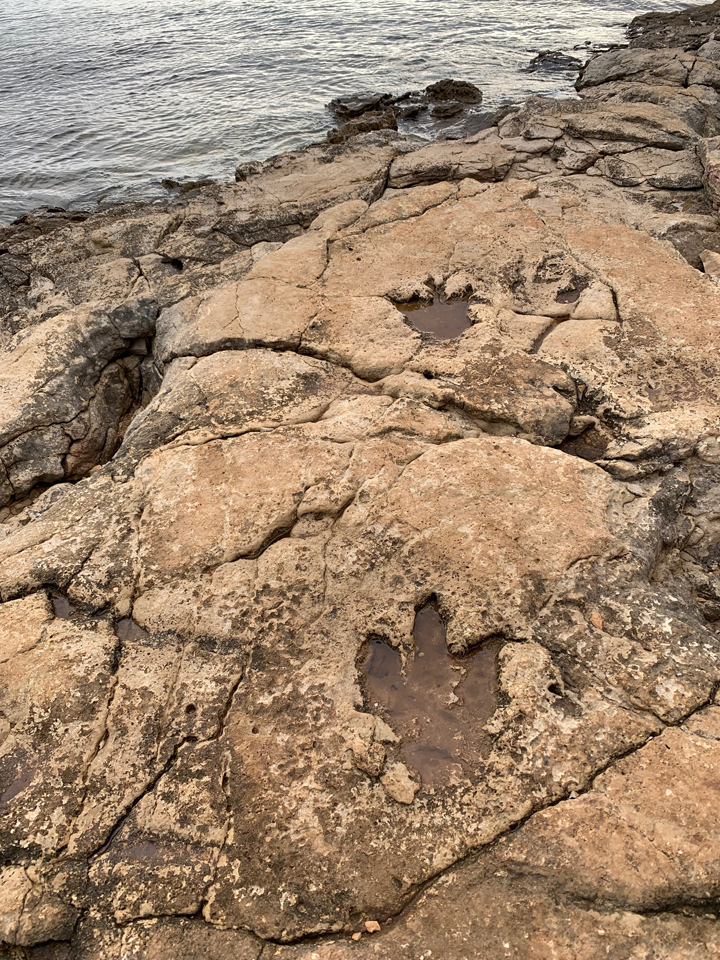
Skateboarders from all over Europe and other places in the world gathered at this small beach village. During the day, we were free to do whatever we wanted. Some of us went to the beach, skated at the DIY park, or went out to Pula to skate street in the city. Then there would be a video premiere every night at different locations. One night, it would be in front of an old church in front of the pier, next day it would be in an abandoned fort up a hill, then in a theater in the city, and finally all of us skaters take a ferry to a safari island where you can go rent golf carts to find ostriches, donkeys, zebras and elephants just living their life. There were even real dinosaur footprints on the rocks! On that same island, there was a huge outdoor theater, where Nikola gave me the very special honor to have TIMESCAN 2 as the curtains to the film festival. Thank you Nikola, Marina, and everyone involved in that. It literally changed my life.
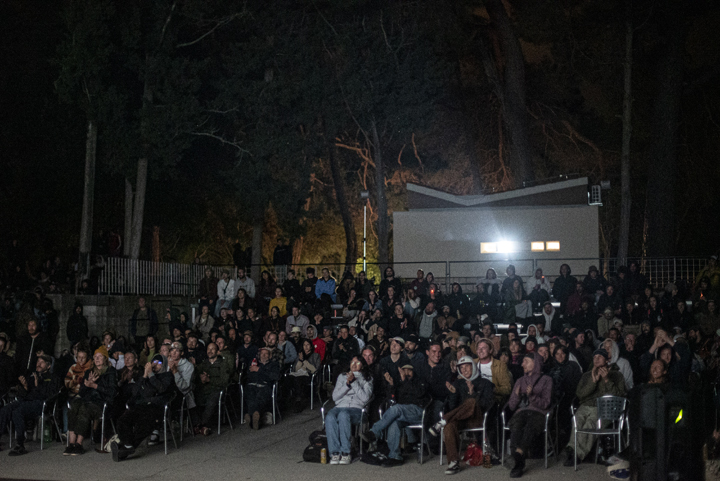
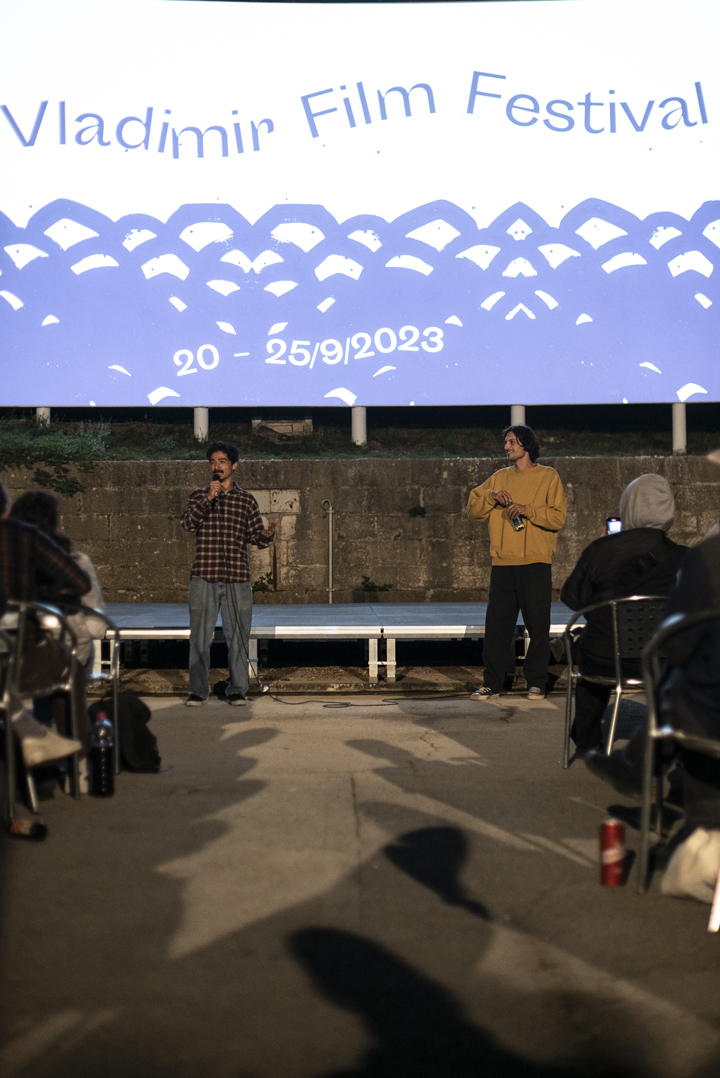
V: Most of the songs you used are Japanese. What are the things you kept in mind when editing this?
R: I always make sure the songs are fitting the skater or the montage. There are so many cool Japanese songs out there. Most of the songs were introduced to me on the road, so they also give me a nostalgic feeling.
V: You need to be fully committed to work on a full length video. Did you ever feel like giving up? What kept you going for four years?
R: Of course, there were many times during the process of filming this movie where I questioned myself why the hell am I putting myself through this. It was very challenging to find the motivation to work on something long term in such a short world. I already invested so much time and energy into it, I just couldn’t bail on everyone. It was a lot of pressure on me… but I knew deep inside that this movie was going to turn into something special.
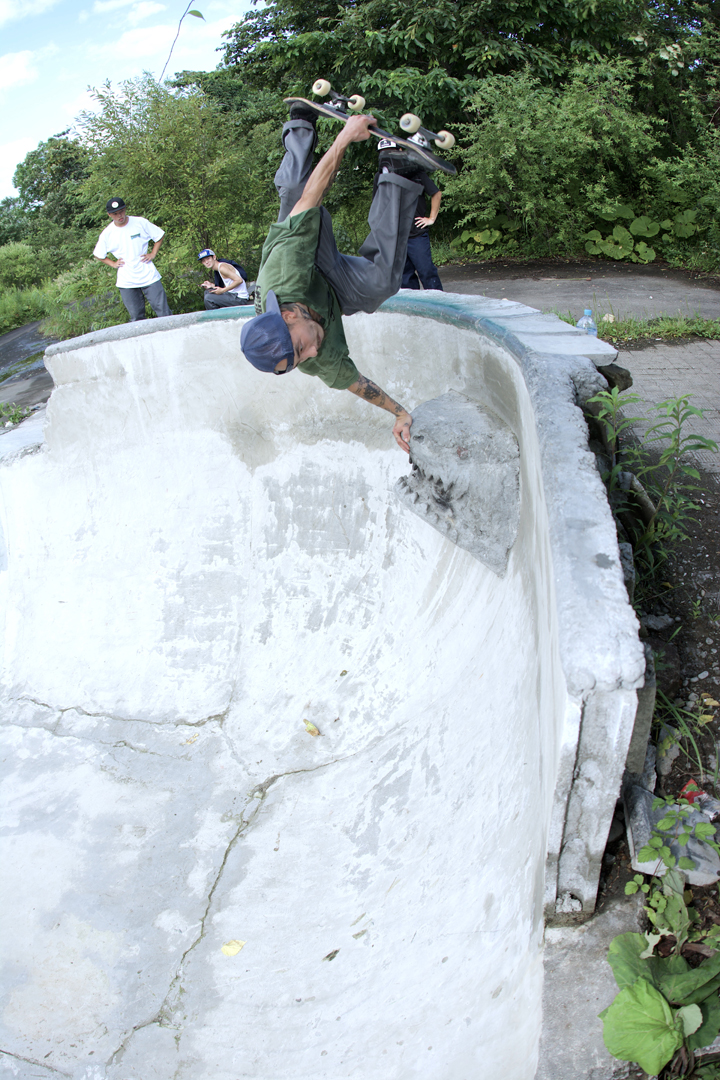
V: What's the importance of a video part or a full length video?
R: First off, every skateboarder should put out a video part. I just cannot imagine skateboarding in a world without full length movies. Without those things, I feel there isn’t much to look forward to. Without anything to look forward to, I find it very challenging to motivate myself. With Instagram and crazy parts going online everyday, we feel rushed to put out content. It is physically impossible to create content in the way videos are released now. Even as a viewer, it’s also physically impossible to keep up with everything. There is no time to breathe. People say videos get easily forgotten and buried under new content, but I really believe even in this digital era, investing time and energy into a video or a project that you really care about could stick out from all the never ending content. It could have the potential to last forever and maybe even change someone’s life. I believe that goes with anything.
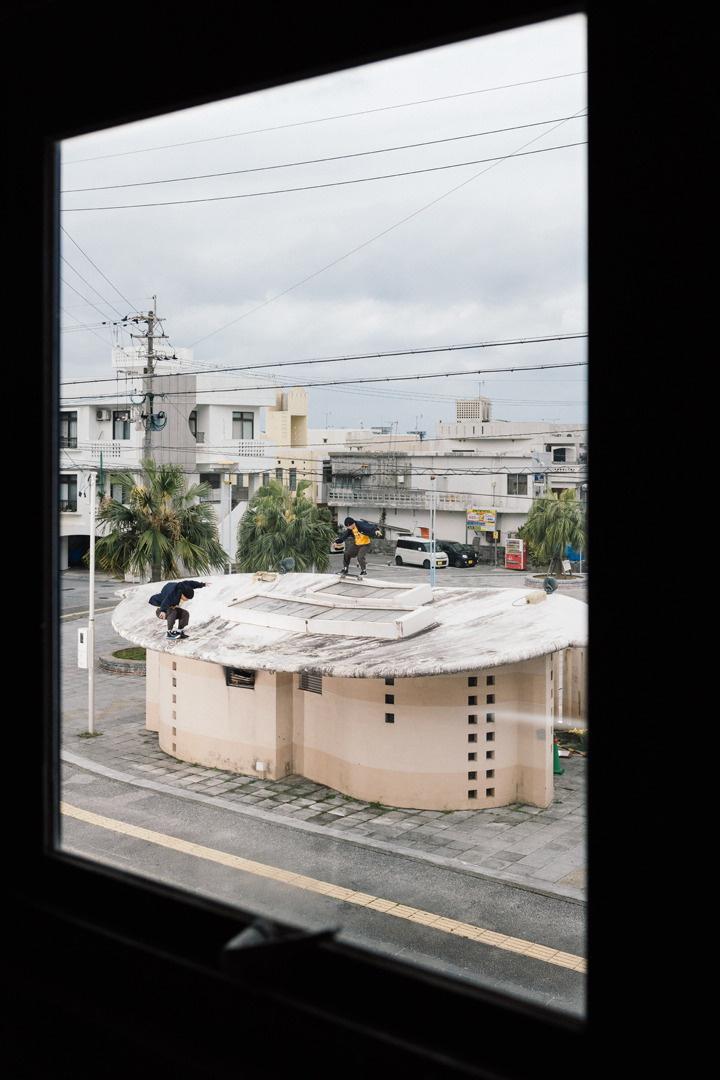
V: Skateboarding is headed in many different directions now. What is the type of skateboarding that you believe in?
R: If you are skateboarding simply for the love of doing it, that’s all that matters.
V: Mainstream media is focused on the competitive side and often reports street skating as something "disturbing." How do you see what's going on these days?
R: With my movie, I didn’t want to show the negative sides of skateboarding. I wanted to show positive interactions with friends and even pedestrians. I wanted to remind everyone that not all of us are a disturbance. There are skateboarders like Gou Miyagi who picks up garbage and cleans the rails, even areas that the park security people would never bother to clean. I really thought Gou chose the perfect timing to work with me and put something out. Our world now really can learn something from Gou.
V: You decided to live and skate in Japan a while back. What attracted you to skateboarding in Japan? Is that attraction still alive and well?
R: Before I came to Japan, as a teenager I grew up watching Japanese skate videos. Not only how the skateboarders saw spots was unique, but how the Japanese filmers behind the lens saw skateboarding was so different and original. Not only just tricks, but the amount of effort put into every little detail was like an art form. I was so curious to learn more about it. This is what brought me here 9 years ago. Is that attraction still alive and well? That is a really interesting question. I really wonder if I would have gone to Japan now with all the contests and the fashion world all saturated on top of street skating getting stricter.
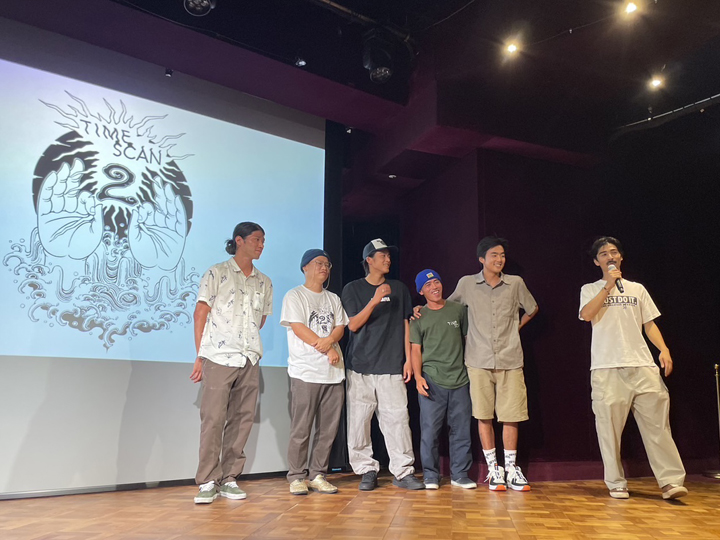
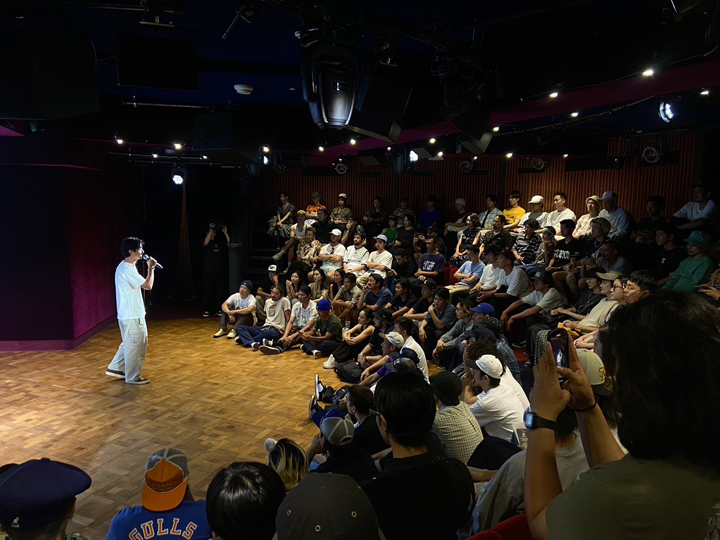
V: "TIMESCAN 2 is not just another skateboarding video. It is something much more." What did you want to capture besides tricks?
R: I just want as many people as possible to see all the cool shit Japan has to offer, even to the Japanese people themselves. Japanese skateboarding is still so mysterious. Only way to learn more about it is seeing it with your own eyes. All I can do is capture it and share it with everyone.
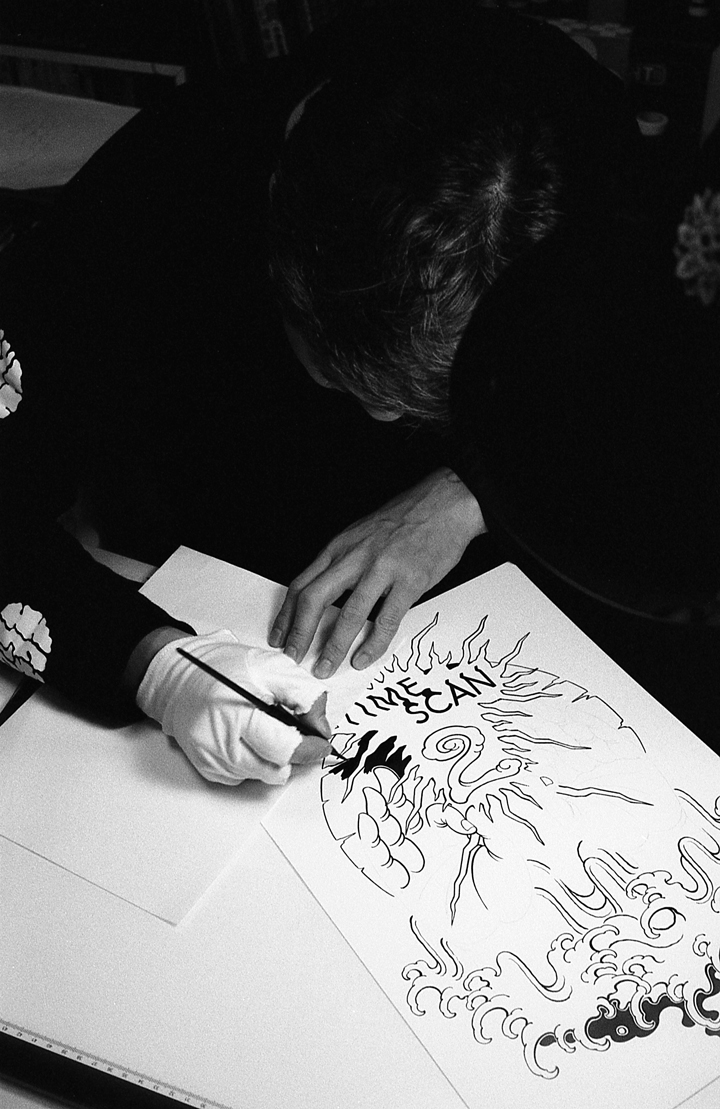
V: Last words?
R: After the completion of my video, and doing all of these video premieres, I feel that it's safe to say that through TIMESCAN 2, I was able to make a lot of people very happy. I remember everyone screaming and shouting during all 15 of my video premieres. The smiles on all of their faces throughout all 48 minutes of the movie. I remember shaking everyone's hand after the Tokyo and Kobe premieres and everyone at the Vladimir Film Festival giving me hugs and chanting my name on the ferry ride back from the safari island. Gou told me that he never imagined he would ever get the chance to film another video part again. So glad we fought through the barriers together to create something we could both forever look back on and be glad we did it. I can’t imagine how Gou feels. Especially after everything he has been going through in his mysterious life. He completed his first video part in 10 years, and finally at the age of 45 got a four page feature in Thrasher Magazine for the first time in his life. All of these precious moments will have a safe place deep in my heart. These are all moments that remind me how glad I am to have worked on my projects. I am forever grateful to have been involved with the world of skateboarding. So blessed to have the people that are around me. Thank you everyone!
Rob Taro / TIMESCAN
@timescan | @rob.taro
Rob Taro relocated to Japan nine years ago and began his career as a filmmaker, producing full-length works under the name TIMESCAN, as well as a documentary titled LONG DISTANCE.
www.timescan.store

